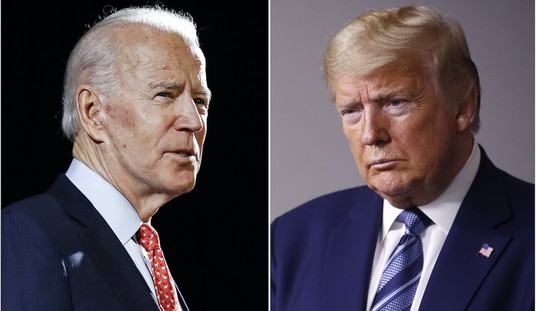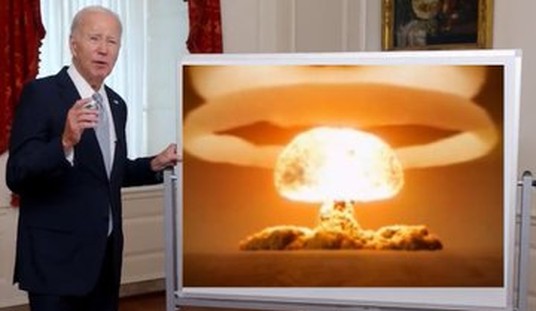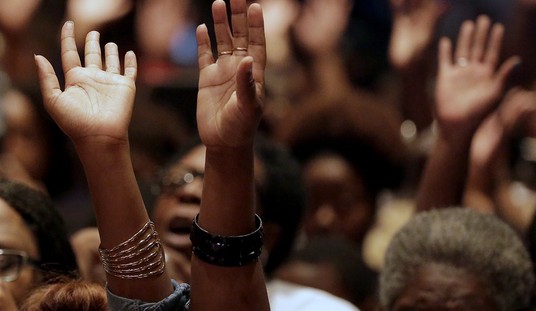A late night surprise, and not just for Wisconsin but also for three of the justices. The stay, issued after an appeals court had told Wisconsin a few weeks ago to use the law in an upcoming election, overrules at least temporarily a unanimous decision by the appellate court that had followed the Supreme Court’s ruling for Indiana in its judgment:
The Supreme Court on Thursday night blocked Wisconsin from implementing its new voter identification law on the eve of next month’s elections. …
The Supreme Court’s order reverses a trend established by the justices in two other cases from Ohio and North Carolina, in which they allowed voting restrictions imposed by Republican legislatures to take effect.
That prompted three of the court’s conservative justices to issue a dissent objecting to the court’s intervention without finding any error in the appellate court’s reasoning:
The court gave no reason for its action, as is routine for such emergency orders. But Justices Samuel Alito, Antonin Scalia and Clarence Thomas dissented, arguing that the court cannot block an appeals court ruling unless the lower court “clearly and demonstrably erred in its application of accepted standards.”
Lyle Denniston at SCOTUSBlog thinks that the issue may not be the ruling — which again relied on the Supreme Court’s decision regarding Indiana’s identical voter-ID law — but the timing. With an election just a few weeks away, the issue of confusing voters and elections judges may have created enough concern that the court decided to intervene temporarily. Thanks to early voting, there may have been an equal-treatment issue as well:
Over a mild protest by three Justices, the Supreme Court on Thursday night barred Wisconsin from enforcing a requirement that voters must produce a photo identification before voting, by absentee ballot or in person. The Court majority’s one-paragraph order gave no reason, but the fact that this year’s election is less than a month away may have been the key factor.
The Wisconsin law, challenged by civil rights and citizens’ advocacy groups, was described by them as “one of the strictest voter ID laws in the country.” It would require voters to show one of only nine specific forms of identification to cast a ballot. Apparently, thousands of Wisconsin voters have already cast ballots without producing the kind of ID required, and tens of thousands reportedly do not have the right kind of ID. November 4 is the general election day this year.
This likely kills any chance for Wisconsin to implement the law before the midterm elections in four weeks. The state would have to ask for an emergency hearing, and then for rapid action from the court in order to get the law approved for use in time for Election Day. With four judges ready to stop it now and only three formally objecting, that’s longer odds than Bernie Sanders has of getting the Democratic nomination in 2016. Or the Republican nomination, for that matter.
Both the timing and the equal-protection concerns evaporate after the election, though. With the law modeled on Indiana (and the state’s ID issuance policy now in line with Indiana as well), the likely outcome of this case will be the same, too. If Democrats take control of Wisconsin state government in November, though, expect this to be one of the first laws that gets repealed.







Join the conversation as a VIP Member